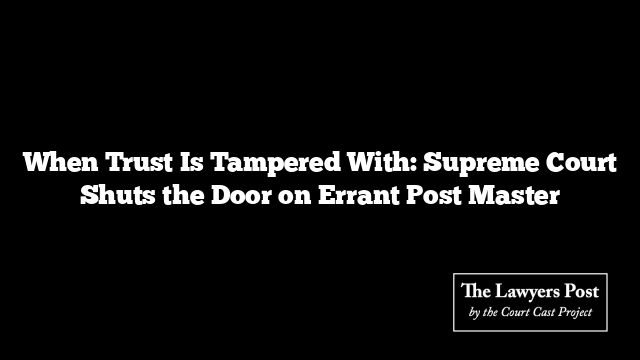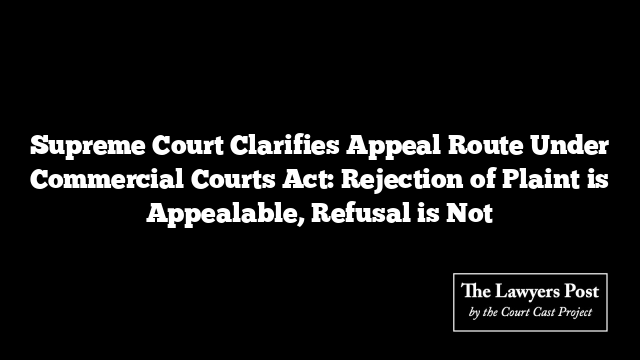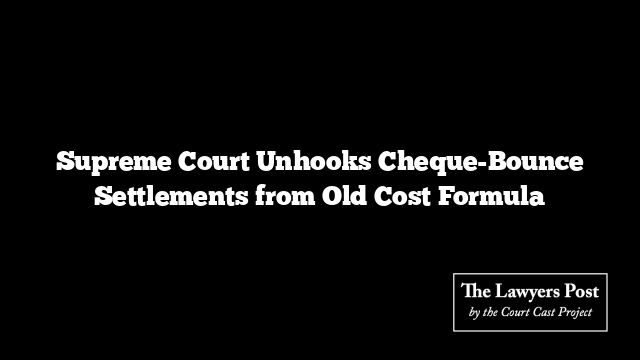In a firm reminder that trust is not a plaything, the Supreme Court has overturned the reinstatement of a post master who quietly siphoned off money entrusted to him, stamped passbooks to fake authenticity, and hoped that returning the cash later would wipe the slate clean. The Court made it clear—misconduct doesn’t vanish just because the money reappears.
A bench led by Justices Rajesh Bindal and Manmohan underscored a simple truth: the entire customer-banker equation survives on faith. When someone hands over their savings and sees the reassuring stamp in a passbook, they believe their money has found the safety of an official ledger—not the private pocket of an employee.
During a 2011 inspection, officials discovered that the post master had taken funds for Recurring Deposit and Postal Life Insurance accounts, shown them as deposited in customer passbooks, but conveniently skipped entering them in the official records. The amount—Rs. 5,266—was later returned, but by then the deception was fully exposed.
A departmental inquiry, where the employee had full opportunity to defend himself, found the charges proven. His own written admission sealed the case. The Tribunal upheld the decision to remove him from service. Yet the High Court later revived his job, prompting the Union Government to knock on the Supreme Court’s door.
The Supreme Court disagreed sharply with the High Court’s approach, noting that it strayed beyond its limits by re-evaluating facts already established in the disciplinary inquiry. The employee’s attempt to blame his actions on “ignorance of rules” was dismissed as implausible—after twelve years in service, such a claim didn’t pass muster.
There was no procedural flaw in the inquiry, no hidden error, no justification for rewriting the outcome. What remained, the Court pointed out, was an effort to explain away an admission he had already made—an attempt the law would not indulge.
With that, the Court restored the original penalty and allowed the appeal, closing the chapter on a case where trust had been mishandled and belated regret could not undo the breach.





